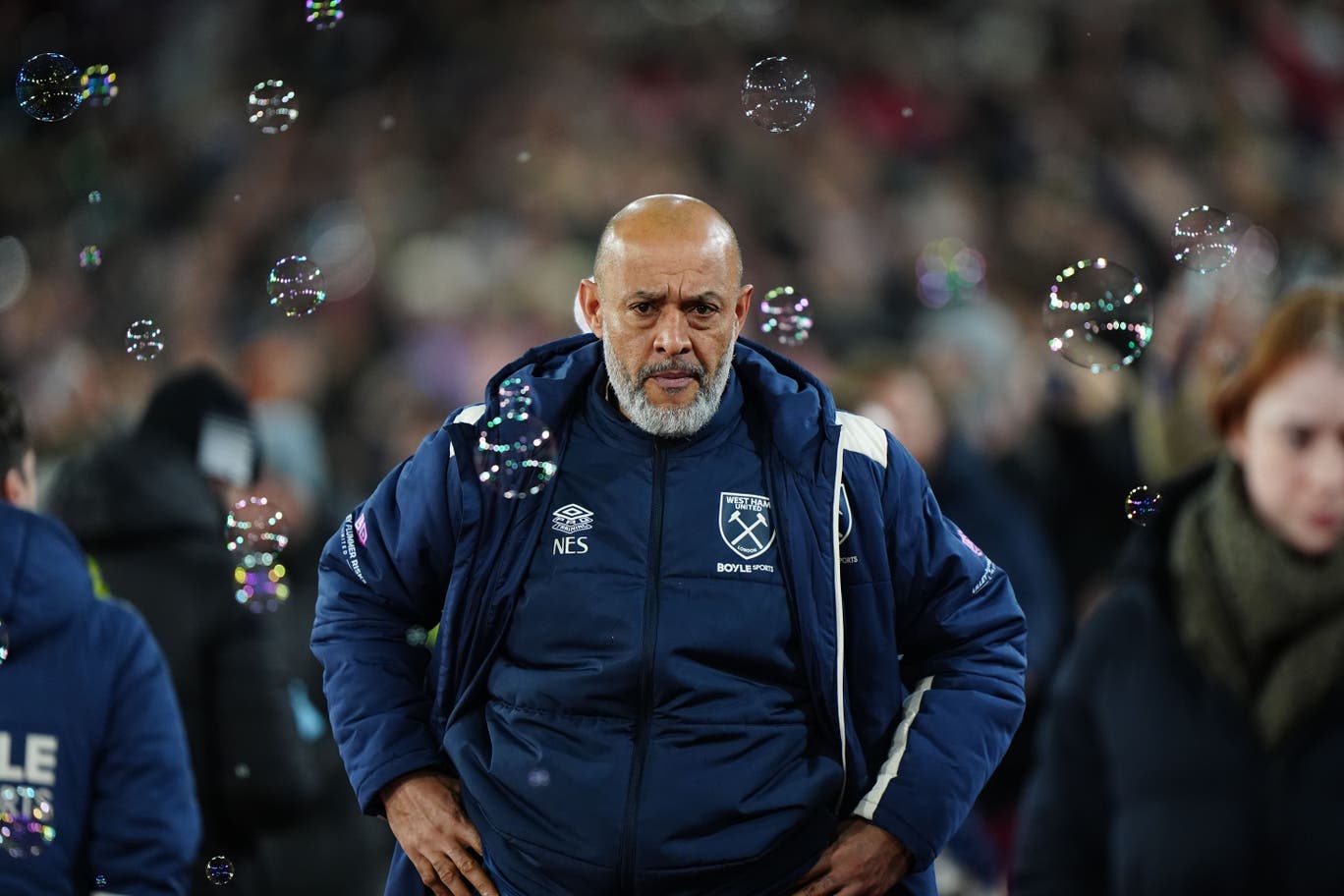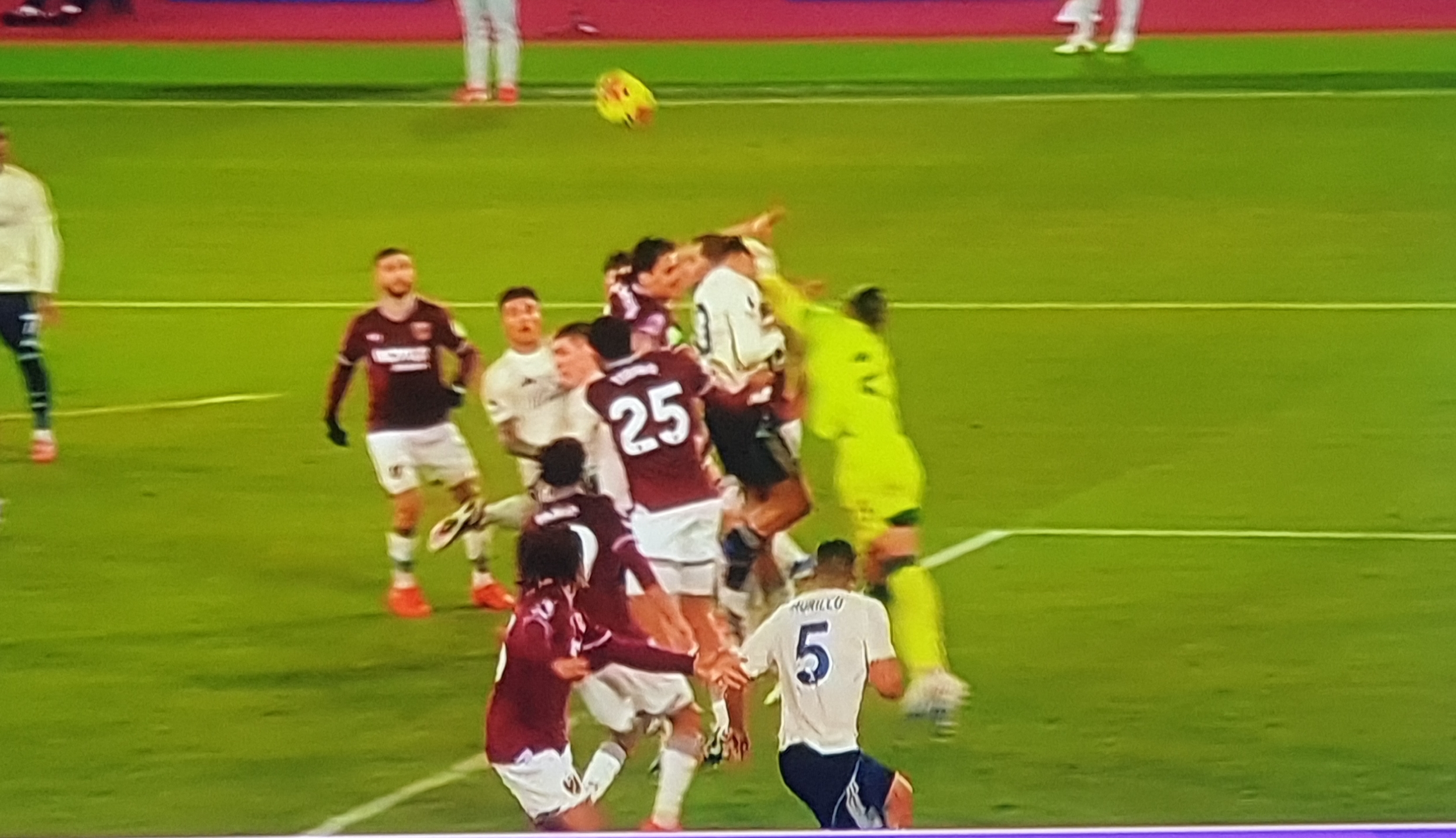WEST HAM FANS WANT THE SAME PLAYER AXED AFTER DISMAL LEEDS DISPLAY, THEY’VE HAD ENOUGH
The recent 2–1 defeat at home to Leeds United has sent shockwaves through the fan-base of West Ham United, with supporters expressing a deep-rooted frustration that goes far beyond just one bad result. It wasn’t just the scoreline that irked the fans, but the manner of the performance: tentative, lacking in urgency, and devoid of leadership. The recurring themes of underachievement, lack of cohesion and a glaring absence of accountability are now being pointed squarely in the direction of the squad and management.
Disillusionment fuels the discontent
From the stands, from social media threads and from changing moods around the club, there is a tangible sense of impatience. Many supporters had hoped that this season would mark a turning point. Instead, they are watching a team that seems disconnected from its ambitions and, more worryingly, from its identity. After the match, the manager himself conceded that fan anxiety has crept into the dressing-room and is now negatively affecting outcomes.
That admission only served to deepen the collective frustration among the fans. If the players themselves are operating under anxiety, the belief is that the remedy must start with immediate accountability and visible change. The mood is no longer solely one of disappointment, but of existential concern: Are we watching a club in steady decline rather than one still capable of rising to the challenge?
Performance failings in sharp relief
The match against Leeds underlined the problem areas: a lack of penetration in attack, immobile defensive transitions, and sloppy execution in critical moments. While results alone don’t always tell the full story, when the underlying performance is this unconvincing, fans are less forgiving. In a league where margins are fine, supporters believe that the squad’s issues are becoming structural rather than temporary.
There’s also a disconnect between expectation and delivery. For a club of West Ham’s stature, with the resources and history it has, recurrent poor performances feel unacceptable. The defeat to Leeds has therefore become something of a trigger — the latest in a series of setbacks that have eroded both faith and patience.
The focus turns to one player
Amid the broader criticism of team performance and management, the dissatisfaction has become more sharply targeted – and it revolves around one specific name. The player in question is Crysencio Summerville.
Having arrived with promise and expectation, Summerville’s tenure has been hampered by injuries, inconsistent performances and a perception among some supporters that he has yet to live up to his billing. While early signs were positive, the frustration now lies in the sense that he may be under-performing relative to both his potential and his cost to the club.
Some fans feel that instead of being a catalyst for change, Summerville has become emblematic of the club’s malaise: the mis-firing marquee signing, the player who should provide spark but too often lacks impact. Whether justified or not, supporters are signalling a readiness to move on: they want to see summative evidence of improvement, and if that doesn’t arrive, they believe the club must act.
Why the calls for change have momentum
Several factors are driving the fan-backed calls for summerville’s exclusion from the first-team or even departure:
- Expectations vs Delivery: The investment in Summerville brought with it heightened expectations. When those expectations aren’t met, particularly in a season of struggles, the backlash comes quickly.
- Symbolic Significance: Summerville is seen by many as a symbol of the wider issues — the recruitment strategy, the injury management, and the wave of underwhelming key signings. Things he does (or doesn’t do) become amplified as signs of the club’s health or lack thereof.
- Fan-base patience running thin: With the club underperforming, fans are less tolerant of perceived under-achievement by any player — especially those who were brought in to make the difference.
- Need for leadership and accountability: The squad’s issues are interpreted not just as collective failings but as individual ones — with a particular focus on those players expected to drive performance and influence outcomes. Summerville falls into that category.
What happens next?
The dilemma for West Ham is that the calls for action are now loud and clear. If Summerville is to remain part of the solution rather than a scapegoat, then a few things must happen:
- Immediate impact – He needs to deliver performances that visibly shift momentum, not just occasionally sparkle.
- Consistency and fitness – The injury history and fitness concerns must be addressed if he is to become a reliable option rather than a sporadic one.
- Support around him – The club must ensure the system, the tactics and the environment enable him to succeed rather than hinder him. A lone player rarely turns around a club’s fortunes alone.
- Transparency and communication – The club may need to engage with supporters more directly, explaining the strategy, the expectations and how a player like Summerville fits into that plan. If fans believe in the plan, they may grant more leeway.
However, if improvement does not arrive quickly, then the club may be forced into a decision: retain a player who is not meeting expectations or cut losses and reinvest elsewhere. For many supporters, that decision is already leaning toward the latter unless there is a meaningful turnaround.
The broader context
It’s worth noting that this outcry is not just about one match or one player. It is symptomatic of a larger concern among West Ham supporters — that the club is drifting, that ambition is flagging and that the gap between where they could be and where they are is widening. The loss to Leeds is a stark reminder of the task ahead.
For a club with a proud history and a passionate fan-base, this period of underperformance is testing loyalty, patience and belief. The mood in the stands is one of urgency: fans want to see their club reclaim competitiveness, identity and purpose. In that sense, the spotlight on Summerville is less about him personally and more about what he represents: the hope for progress, the demand for results, and the expectation of commitment.
Final thoughts
At this juncture, West Ham are at a crossroads. The signals from the fan-base are unequivocal: results matter, performance matters and individual players must contribute meaningfully. If the club is to respond, then it must back up the rhetoric with visible change. Whether that change involves reshuffling personnel, redefining roles or reinforcing squad dynamics remains to be seen.
For now, Crysencio Summerville finds himself at the centre of this storm – and the only way out is through performance. The fans have made their feelings known; now the player and the club must act accordingly.








Post Comment